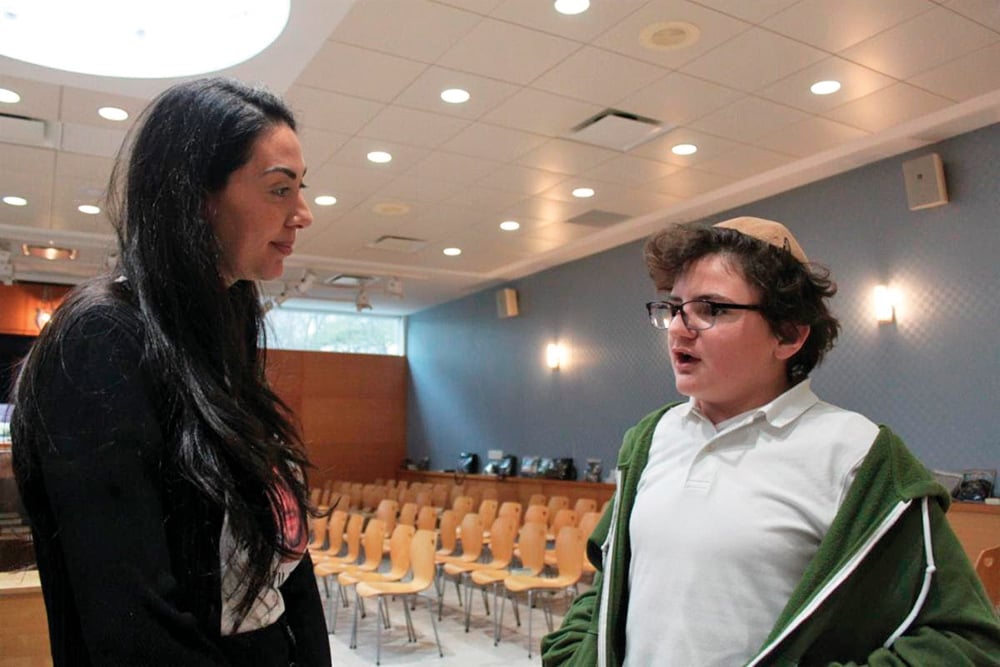At the beginning of the parsha (1:8), our slavery in Egypt is described as beginning with the rise of a new king over Egypt, “who did not know Yosef.” Later in the parsha, when Moshe approaches Pharaoh in God’s name to ask him to release the Jewish people (5:2), Pharaoh refuses, saying, “I do not know of Hashem.” The midrash (Shemos Rabba 1:8) bridges these two verses, saying, “Today he does not know Yosef, tomorrow, he will not know Hashem.”
The message is clear. Yosef as a person always represented God and the Godly. His initial success in the house of Potiphar came because God was visibly with him (Bereishis 39:2, 23). His ascension to the throne was a result of the Egyptians’ realization that they would not find anyone filled with God’s spirit quite like him (41:39). And when he governed, he did it as a God-fearing person (42:18).
One who knew Yosef, knew God.
As time went on in Egypt, we did not represent God as well and as consistently as Yosef had. The king that arose observed Yosef’s descendants but did not learn from them and did not see Godliness in their ways. The king did not know Yosef.
When we, the children of Yosef, live our lives in a manner that represents Hashem properly, we will ensure that through our actions the world around us will come to know God. Each of us can and must live up to that standard of true faith, faithfulness, integrity, kindness and pleasantness that will bring awareness and glory to God and fill the world with Kiddush Hashem.
Let each of us make sure that the world that will know us will thus come to know Hashem, allowing Him to liberate us from all the pain and the chaos that surrounds us. כן יהי רצון.
Rabbi Moshe Hauer is executive vice president of the Orthodox Union (OU), the nation’s largest Orthodox Jewish umbrella organization.













